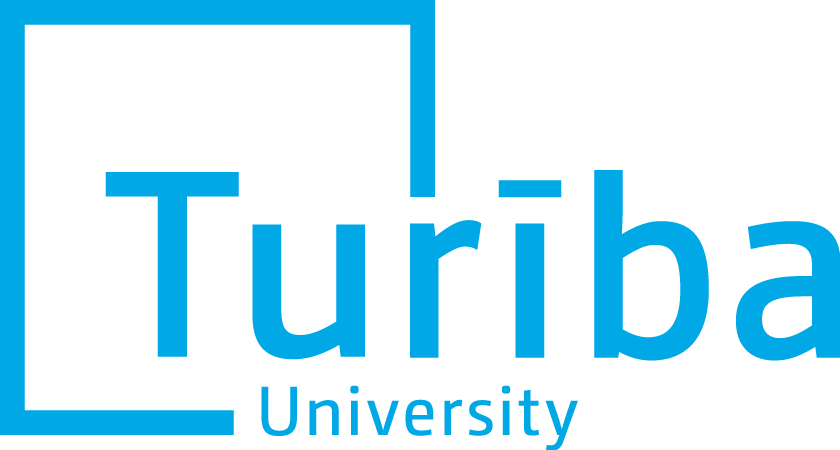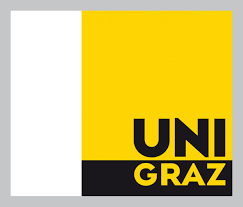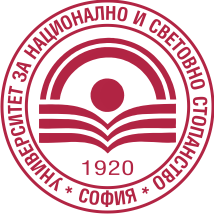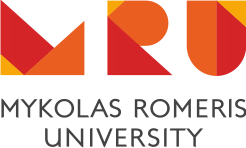MEDIATION ABC TEST
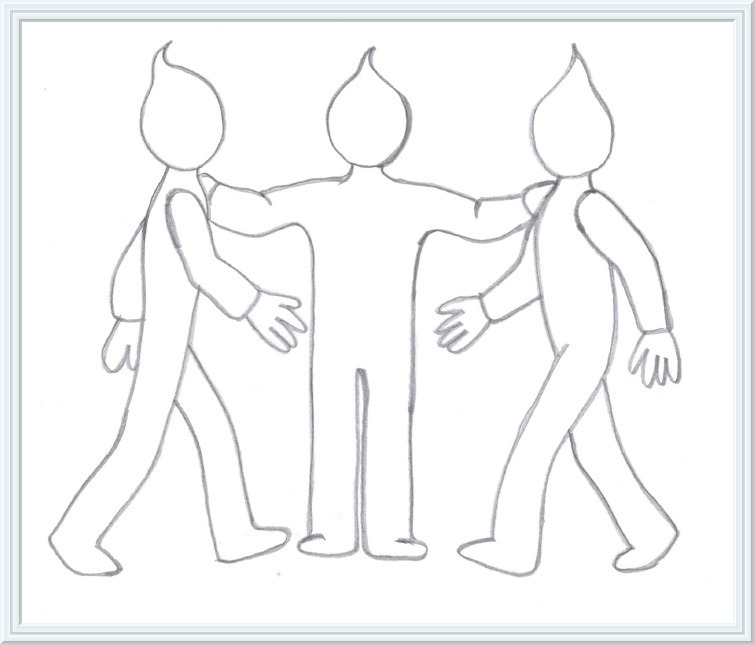
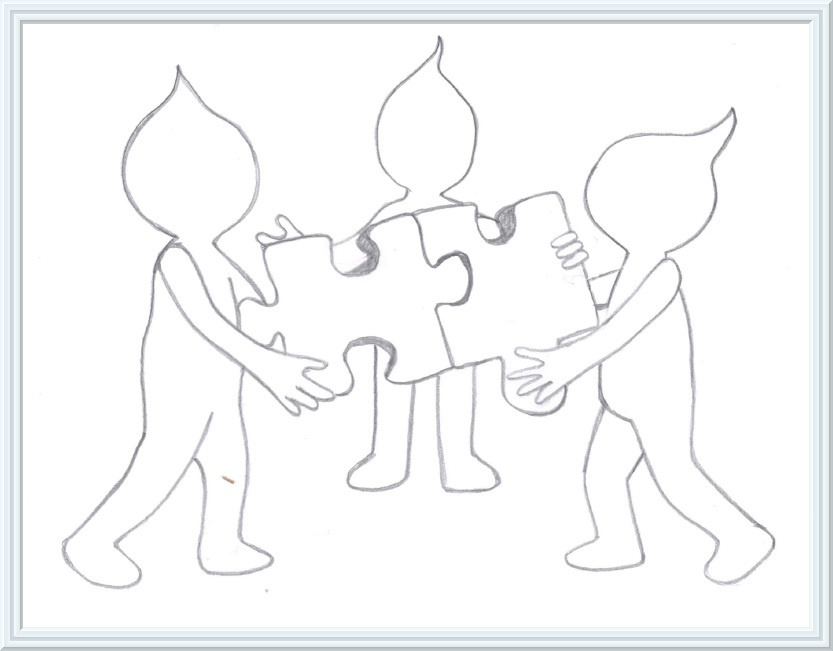

| Test your knowledge about mediation and find out how much you know about this method of alternative dispute resolution. If you do not know some answers – look for more detailed information in resources offered by this webpage – read E-Book, watch video lessons or training videos. Good luck! |
CHOOSE THE CORRECT ANSWER FOR EACH QUESTION
REMEBER: there is only one correct answer for each question
1. How the mediation room shall be organized to have a good mediation session?
A – A room does not matter. The most important are contents of mediation
B – A room shall be open to public, to grant transparency of the process
C – A room shall be safe and cosy for the parties
D – A room shall be without any windows and no Wi-Fi access to grant confidentiality
2. In which circumstances mediator’s independence can be affected?
A – When a mediator has any personal or business relationship with one or more of the parties
B – When a mediator has any financial or other interest, direct or indirect, in the outcome of the mediation
C - When a mediator, or a member of his/her mediation office has acted in any capacity other than mediator for one or more of the parties
D – In all above circumstances
3. What is a restorative justice?
A – A process in the criminal court case where a wrongdoer is judged and punished according to law
B – A theory of justice that emphasizes repairing the harm caused by criminal behaviour
C – Psychological treatment for the victim
D – Historical approach to the settlement between involved persons in criminal cases
4. What benefits provide certification and attestation of mediators?
A – Maintenance of continuously high standards for professionals practicing mediation
B – Additional administrative process to keep busy public officials
C – Additional financial resources in public budged from fees paid for certification and attestation
D – A certificate gives rights to a mediator to set higher price for mediation services
5. How can advocate of the party be helpful in mediation process?
A – The advocate can’t help in a mediation process. This is a process where only parties are responsible for the outcome
B – The advocate can only harm the process by being too positioned and aggressive legal consultant
C – The advocate can help by drafting a short resume of previous facts and procedures, suggesting important subjects to be discussed during mediation, helping to find appropriate mediator and drafting a final agreement after mediation is completed
D – The advocate can convince the mediator that the client is right and foster closure of mediation process
6. How would you describe negotiation?
A - A fair and equal transaction
B - Compromising
C - Making a joint decision in which you get some of what you want and they get some of what they want
7. What are correct elements that form negotiation?
A - Two or more parties, communication, desire to reach an agreement.
B - Process, two or more parties, communication, desire to reach an agreement.
C - Process, two or more parties, communication, competing interests, desire to reach an agreement.
D - Process, two or more parties, communication, competing interests, desire to reach an agreement, agreement.
8. What negotiation style is represented by the following characteristics: negotiator maximizes client returns, discloses information, causes a feeling of gratitude, aims to be liked by the opponent?
A – Competitive
B – Cooperative
C - Problem-solving
9. How much information during negotiation you receive from verbal communication?
A - 7 %
B - 35%
C - 65%
10. According to the DIRECTIVE 2008/52/EC on certain aspects of mediation in civil and commercial matters
A – Member States shall make mediation mandatory in order to prevent access to justice
B – Member States are not allowed to make the use of mediation mandatory
C – Member States can make the use of mediation mandatory provided that national legislation does not prevent the parties from exercising their right of access to the judicial system
11. Which of the following conducts might expose the mediator to civil liability?
A - The mediator does not decide the dispute when asked by the parties
B - The mediator does not organize separate meeting (caucus) with the parties
C - The mediator reveals confidential information
12. What is the most often used meaning of the abbreviation ADR?
A - Appropriate dispute resolution
B - Amicable dispute resolution
C - Alternative direction route
D - Alternative dispute resolution
13. Do parties to a dispute enjoy a right to participate in ADR together with their lawyers?
A - No, lawyers are participating only in litigation
B - No, lawyers are not allowed to participate in ADR procedures
C - Yes, if such right is implied by the law or parties to disputes both agrees on it
D - Yes, if all participants to a dispute agrees on it in writing
14. Can the principle of the confidentiality be restricted?
A - Yes, in case of the risk for public interest violation or if it is necessary for the enforcement of the mediated agreement
B - Yes, if mediator sees that parties to a dispute are not honest with each other
C - Yes, but only if such disclosure happens by the court order
D - Confidentiality, as a main principle of the mediation, cannot be restricted at all
15. Family mediation can incorporate issues such as:
A - Contact and parenting of children after separation and divorce
B - Family business and inheritance disputes
C - Family member’s health care
D - All above issues
16. Participants in family mediation cannot be
A - New partners of separated parents
B - Extended family members
C - Young children without the guidance of specially trained professionals
D - Foster parents of the children
17. What characterizes preferable model of co-mediation in international family mediation?
A - Mediators have practiced and trained together, they apply the same style of mediation
B - Both mediators have the same linguistic and cultural background, understand the family traditional values in particular culture
C - Mediators have the same cultural and language background as parties, come from both genders, represent legal and psychosocial professional background
D - Mediators have internationally recognized credentials in conducting cross-border family mediation
18. Cases when family mediation is not suitable:
A - Someone’s safety is in risk due to domestic violence or child abuse
B - Mental illness affecting parental decision making
C - Addiction and on-going substance abuse by parent
D - All above
19. Empathy is:
A - The ability to share someone else's feelings or experiences by imagining what it would be like to be in that person's situation
B - The ability to feel all the emotions
C - The ability to share your emotions with others
D - The ability to feel and prove others’ emotions
20. A mediator with an emotional intelligence has to:
A - Recognize his own emotions and those of others
B - Do not recognize his own emotions but he has to recognize those of others
C - Recognize his own emotions and not those of others
D - Practice and be a psychologist to understand the emotions
21. Which kind of communication gives more information to the mediator?
A - Verbal
B - Tone of voice
C - Verbal and tone of voice
D - Body language
DOWNLOAD CORRECT ANSWERS' FILE HERE

